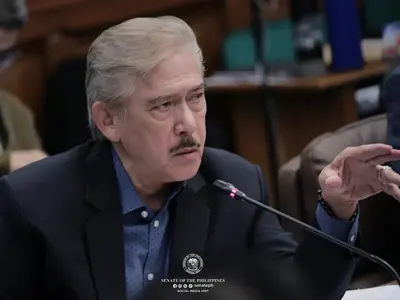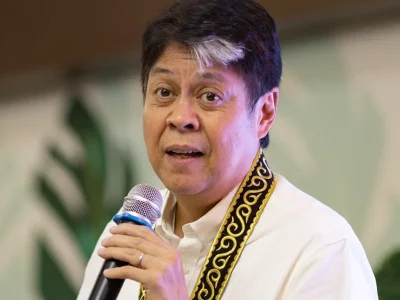
THE Joint Foreign Chambers of Commerce in the Philippines on Monday said removing economic restrictions in the 1987 Constitution would facilitate greater inflow of foreign direct investments in the country, a laggard in Southeast Asia where global FDI has been steadily increasing.
“We recognize that the government’s mandate to protect vital national interests by placing some restrictions on FDI. In this respect, we note that most national economies use legislation or executive regulations to respond to such an important consideration,” JFC said in a letter to Speaker Ferdinand Martin G. Romualdez.
It said the advantage of putting the restrictions in legislation or executive regulations instead of the Constitution is the flexibility “to quickly adjust the regulatory environment for FDI in order to adapt to changes in technology, comply with requirements of international treaties, or take advantage of new opportunities to benefit in the global economy.”
The ASEAN Investment Report 2023 showed FDI flow in the region rose 5.5 percent in 2022 to a record USD224 billion, around 17 percent of global FDI. The stock of FDI in ASEAN stood at USD3.6 trillion in 2022, double the level in 2015.
The Philippines hasn’t benefitted significantly from those positive gains, with FDI flow in 2022 declining to USD9.2 billion from USD12 billion in 2021. Lower FDI in 2021 kept the Philippines behind five other countries led by Singapore, with a lower share of 4.1 percent of the total compared with 5.7 percent in 2021.
JFC, which includes the American, Australian-New Zealand, Canadian, European, Japanese and Korean chambers of commerce as well as the Philippine Association of Multinational Companies Regional Headquarters, said the proposal to insert the phrase “unless otherwise provided by law” in amending restrictive provisions in the Constitution is welcome although it isn’t likely to send a strong signal to foreign investors as direct revision of the restrictive provisions.
Even so, JFC said if Congress goes that route, it could still help in addressing changes in the global economy from the time the Constitution was framed in 1987, including signing of free trade deals and joining free trade blocs.
“Many of these developments emphasize the need for free movement of capital across borders and a level playing field between foreign and domestic investors without undue restrictions,” JFC said.



